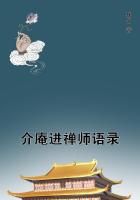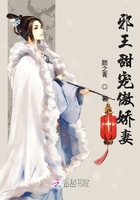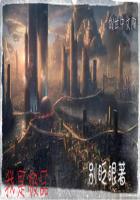In October, 1917, they got the revolution for which they had been asking since March.Since then, one Congress after another has illustrated the natural and inevitable development of Trades Unions inside a revolutionary State which, like most if not all revolutionary States, is attacked simultaneously by hostile armies from without and by economic paralysis from within.The excited and lighthearted Trades Unionists of three years ago, who believed that the mere decreeing of "workers' control" would bring all difficulties automatically to an end, are now unrecognizable.We have seen illusion after illusion scraped from them by the pumice-stone of experience, while the appalling state of the industries which they now largely control, and the ruin of the country in which they attained that control, have forced them to alter their immediate aims to meet immediate dangers, and have accelerated the process of adaptation made inevitable by their victory.
The process of adaptation has had the natural result of producing new internal cleavages.Change after change in their programme and theory of the Russian Trades Unionists has been due to the pressure of life itself, to the urgency of struggling against the worsening of conditions already almost unbearable.It is perfectly natural that those Unions which hold back from adaptation and resent the changes are precisely those which, like that of the printers, are not intimately concerned in any productive process, are consequently outside the central struggle, and, while feeling the discomforts of change, do not feel its need.
The opposition inside the productive Trades Unions is of two kinds.There is the opposition, which is of merely psychological interest, of old Trades Union leaders who have always thought of themselves as in opposition to the Government, and feel themselves like watches without mainsprings in their new role of Government supporters.These are men in whom a natural intellectual stiffness makes difficult the complete change of front which was the logical result of the revolution for which they had been working.But beside that there is a much more interesting opposition based on political considerations.The Menshevik standpoint is one of disbelief in the permanence of the revolution, or rather in the permanenceof the victory of the town workers.They point to the divergence in interests between the town and country populations, and are convinced that sooner or later the peasants will alter the government to suit themselves, when, once more, it will be a government against which the town workers will have to defend their interests.The Mensheviks object to the identification of the Trades Unions with the Government apparatus on the ground that when this change, which they expect comes about, the Trade Union movement will be so far emasculated as to be incapable of defending the town workers against the peasants who will then be the ruling class.Thus they attack the present Trades Union leaders for being directly influenced by the Government in fixing the rate of wages, on the ground that this establishes a precedent from which, when the change comes, it will be difficult to break away.The Communists answer them by insisting that it is to everybody's interest to pull Russia through the crisis, and that if the Trades Unions were for such academic reasons to insist on their complete independence instead of in every possible way collaborating with the Government, they would be not only increasing the difficulties of the revolution in its economic crisis, but actually hastening that change which the Mensheviks, though they regard it as inevitable, cannot be supposed to desire.This Menshevik opposition is strongest in the Ukraine.Its strength may be judged from the figures of the Congress in Moscow this spring when, of 1,300 delegates, over 1,000 were Communists or sympathizers with them; 63 were Mensheviks and 200 were non-party, the bulk of whom, I fancy, on this point would agree with the Mensheviks.













